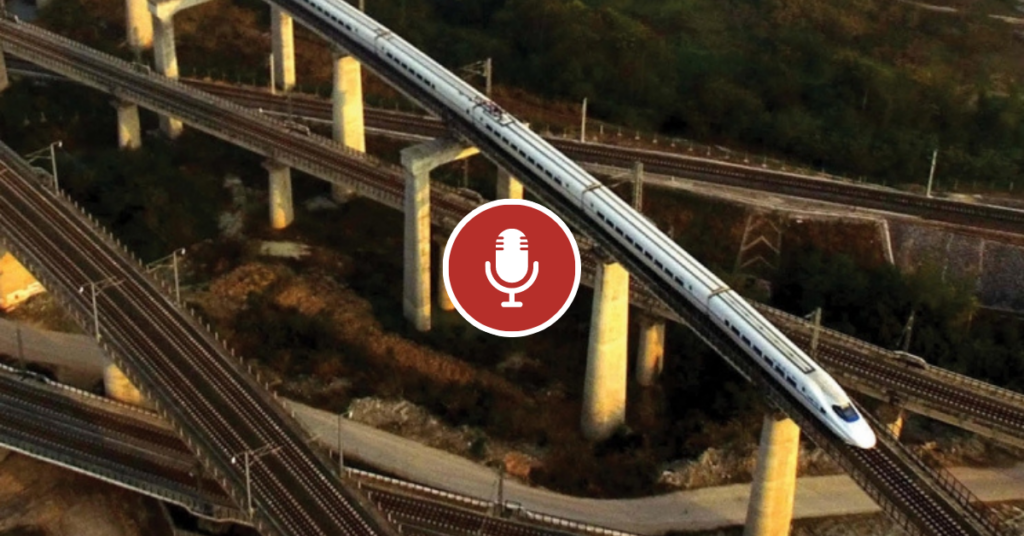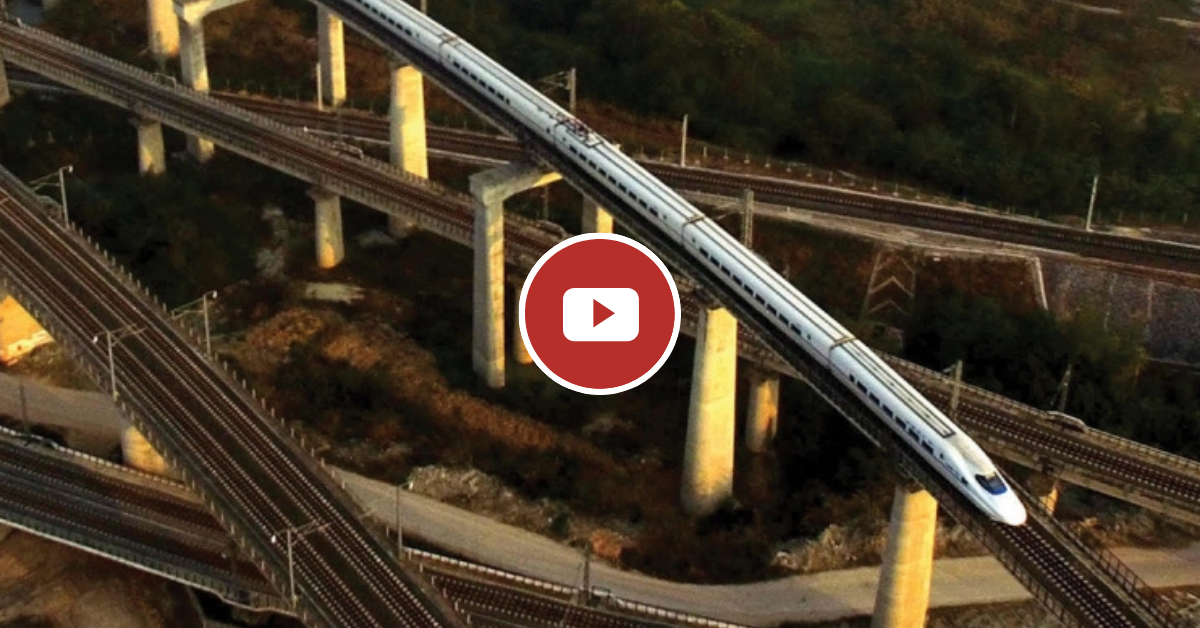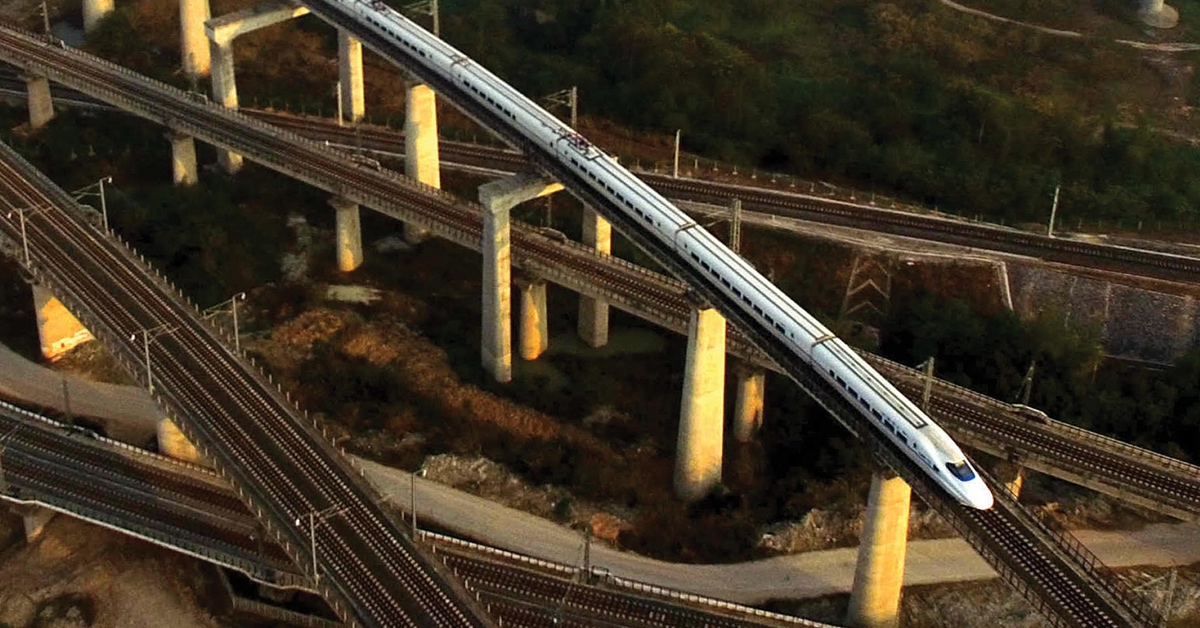In 2013, Chinese President Xi Jinping announced the One Belt One Road policy, later known as the Belt and Road Initiative (BRI), a global development strategy involving infrastructure projects and associated financing around the world. While the Chinese government frames the plan as one promoting transnational connectivity, critics see it as part of a strategy to achieve global dominance.
Rivers of Iron examines one aspect of the BRI: China’s effort to create an inter-country railway system connecting China and its seven Southeast Asian neighbors (Cambodia, Laos, Malaysia, Myanmar, Singapore, Thailand, and Vietnam). The book explores the political strengths and weaknesses of the plan, as well as the capacity of the countries involved to resist, shape, and perhaps take advantage of China’s actions. The authors seek to explain how domestic politics in the eight Asian nations shape their varying responses and behaviors. How does China wield power using infrastructure? Do smaller states have agency? How should we understand the role of infrastructure in broader development? Does industrial policy work? How should other global powers respond?
The National Committee held a virtual program on October 14, 2020 with Professor David M. Lampton.


